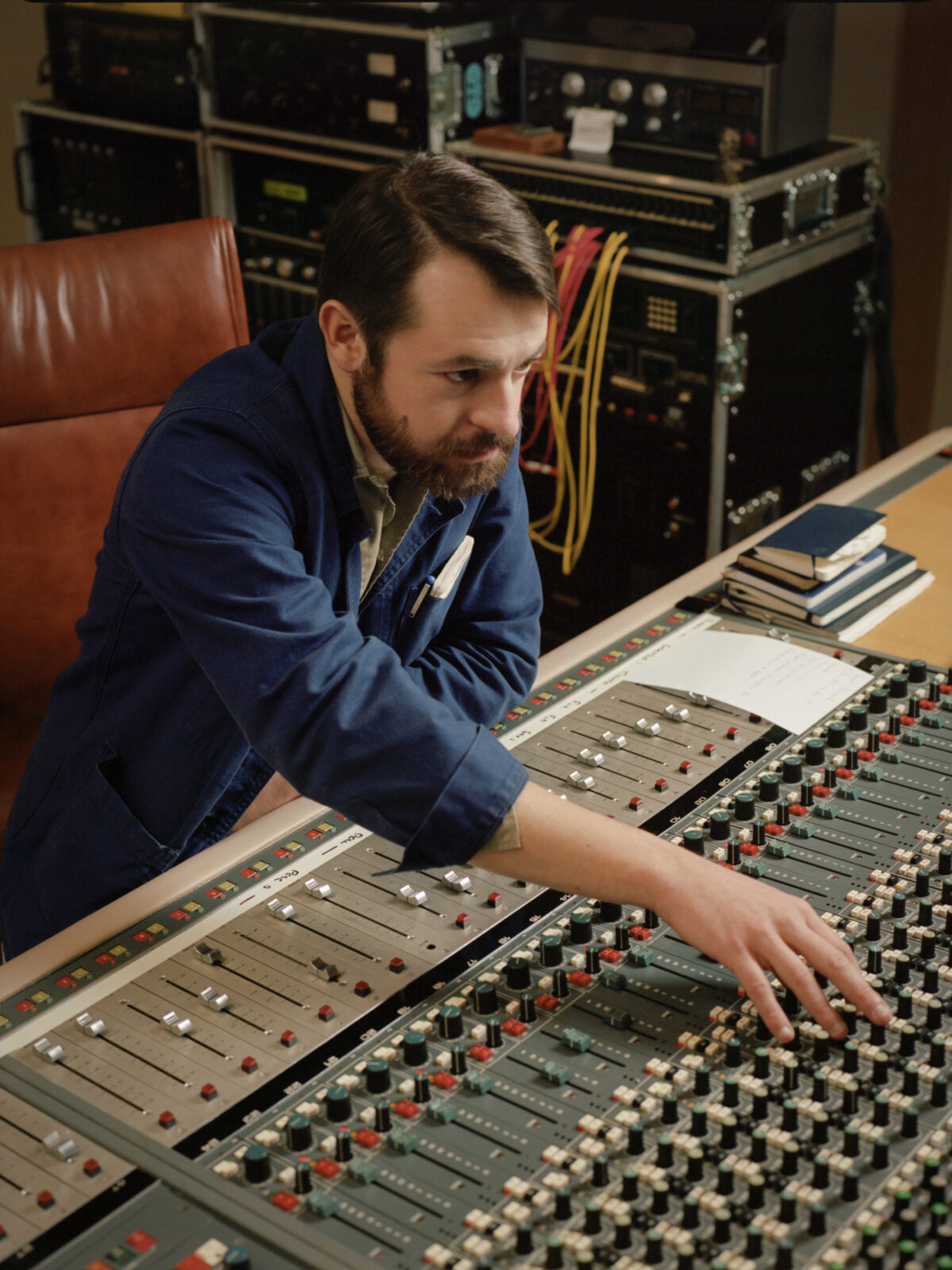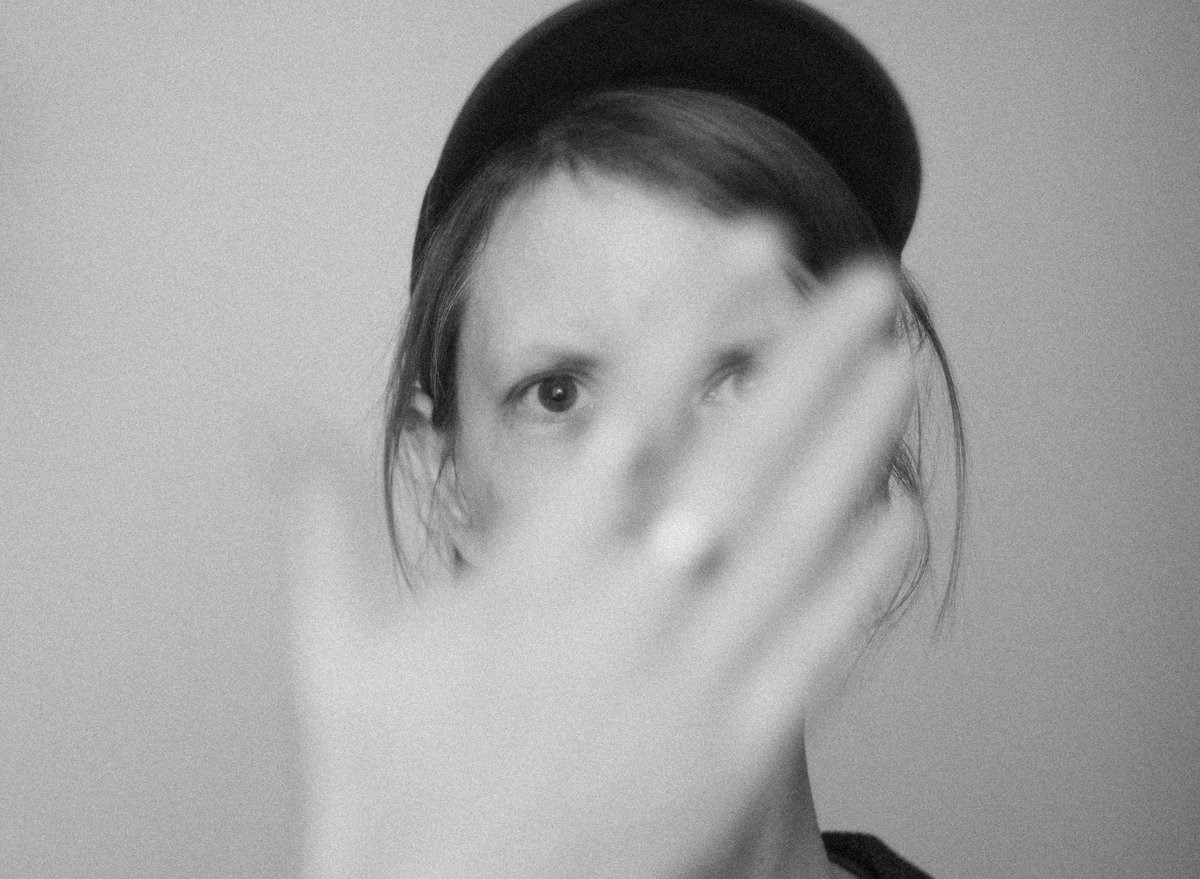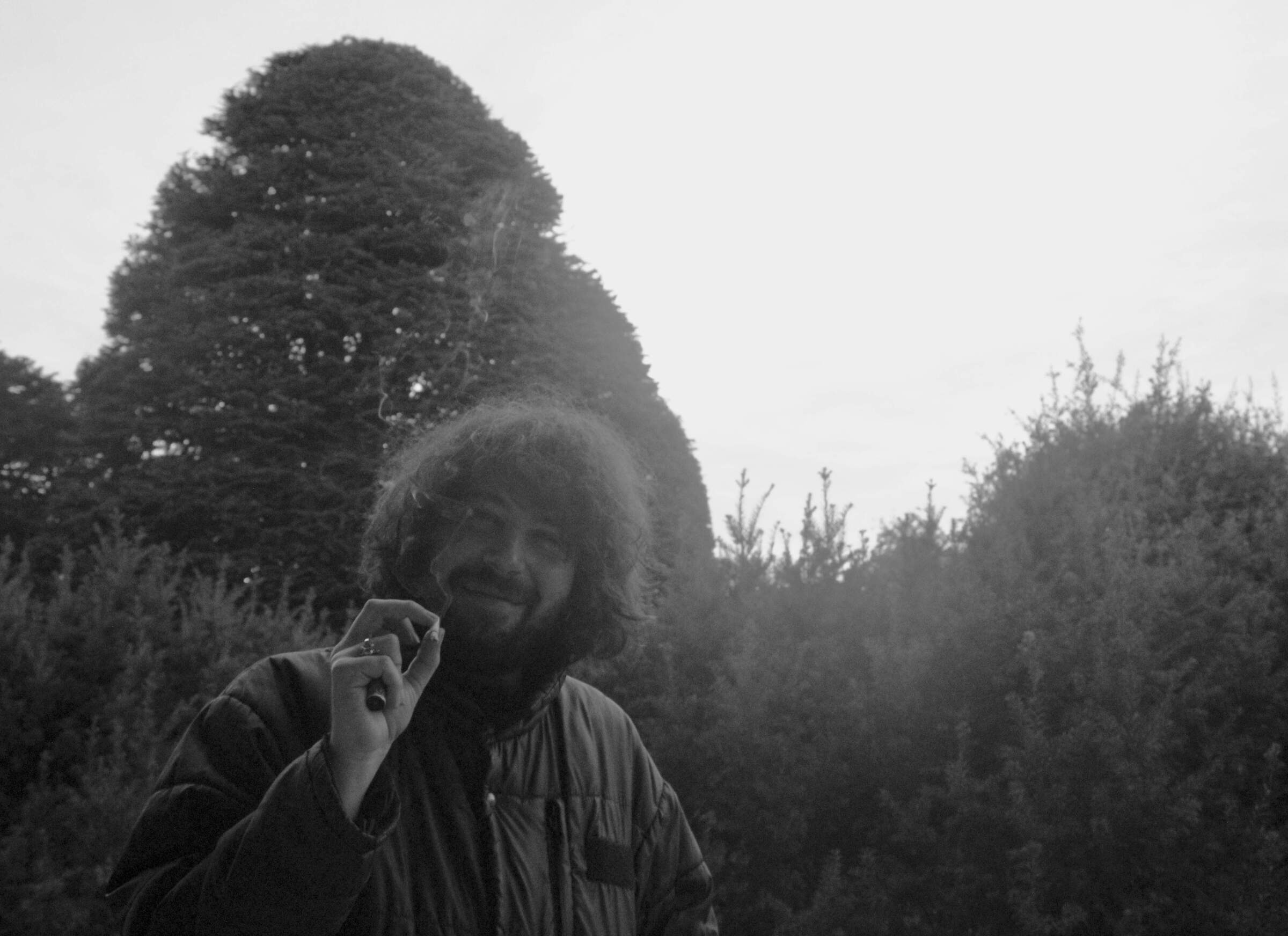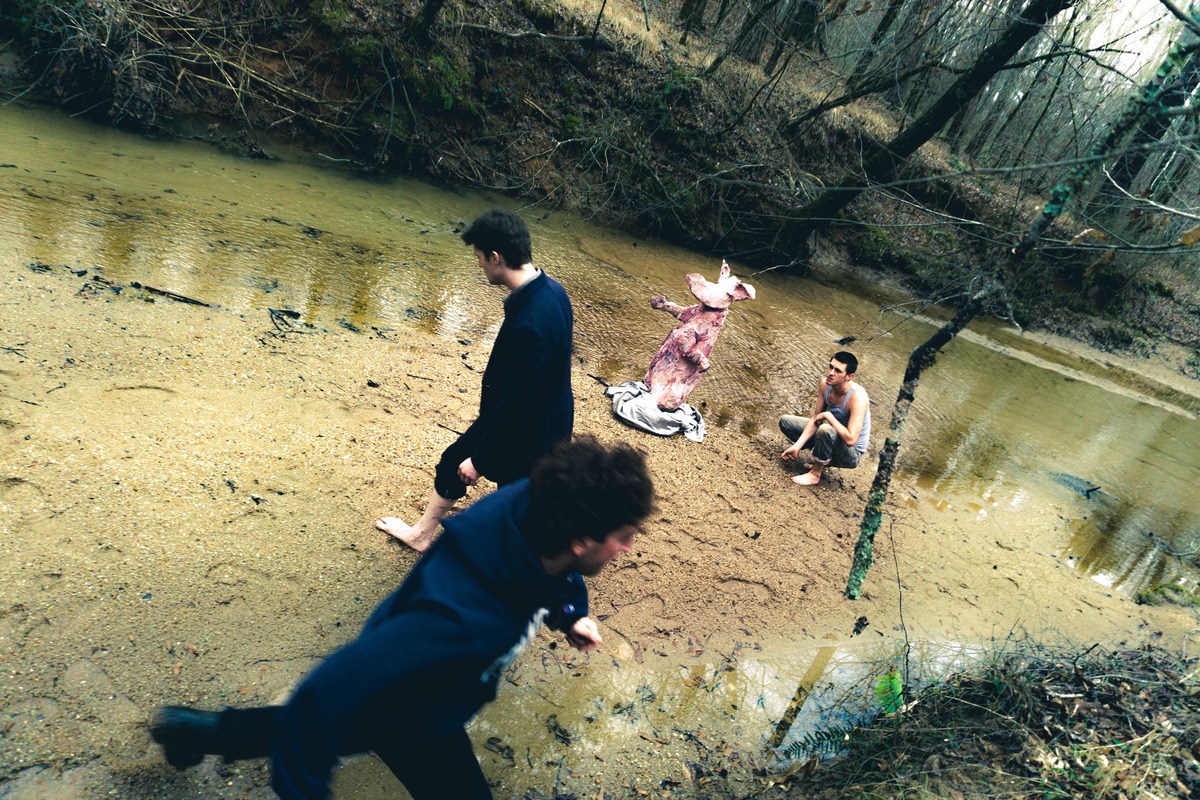Bon Voyage Organisation | Interview | New Album, ‘(Loin des) Rivages’
Bon Voyage Organisation is the story of the construction of an ensemble, the quest for harmony, through music, between beings.
This story has been the central leitmotif in Adrien Durand’s composition and production work for almost ten years. Adrien Durand is a renowned Parisian bass keyboard player, composer, producer and mixing engineer having worked with noteworthy projects such as Amadou & Mariam and Papooz among others. Known for his knowledge of ensemble recording and arrangement techniques, BVO is his attempt at meticulously creating a musical dialogue around his compositions with a distinguished cast of musicians from different backgrounds without the pressure associated with pop music recordings reminding us of the musical ensembles of the 70’s such as that of Carla Bley, Soft Machine or Irakere.
‘(Loin des) Rivages’ was recorded over five days in June 2020 at Studio Atlas, the studio of Air’s Jean-Benoit Dunckel and mixed the following summer by Adrien Durand in his Parisian studio, Bureau 12. It was an orchestrated performance considering that all ten tracks of the album were played live, gathering up to thirteen musicians in the same room. The album follows what was initiated with BVO’s previous album ‘La Course’: an entirely instrumental sound free from any constraints. The close collaboration between Adrien Durand and the members of the ensemble allowed for an exquisite completion.
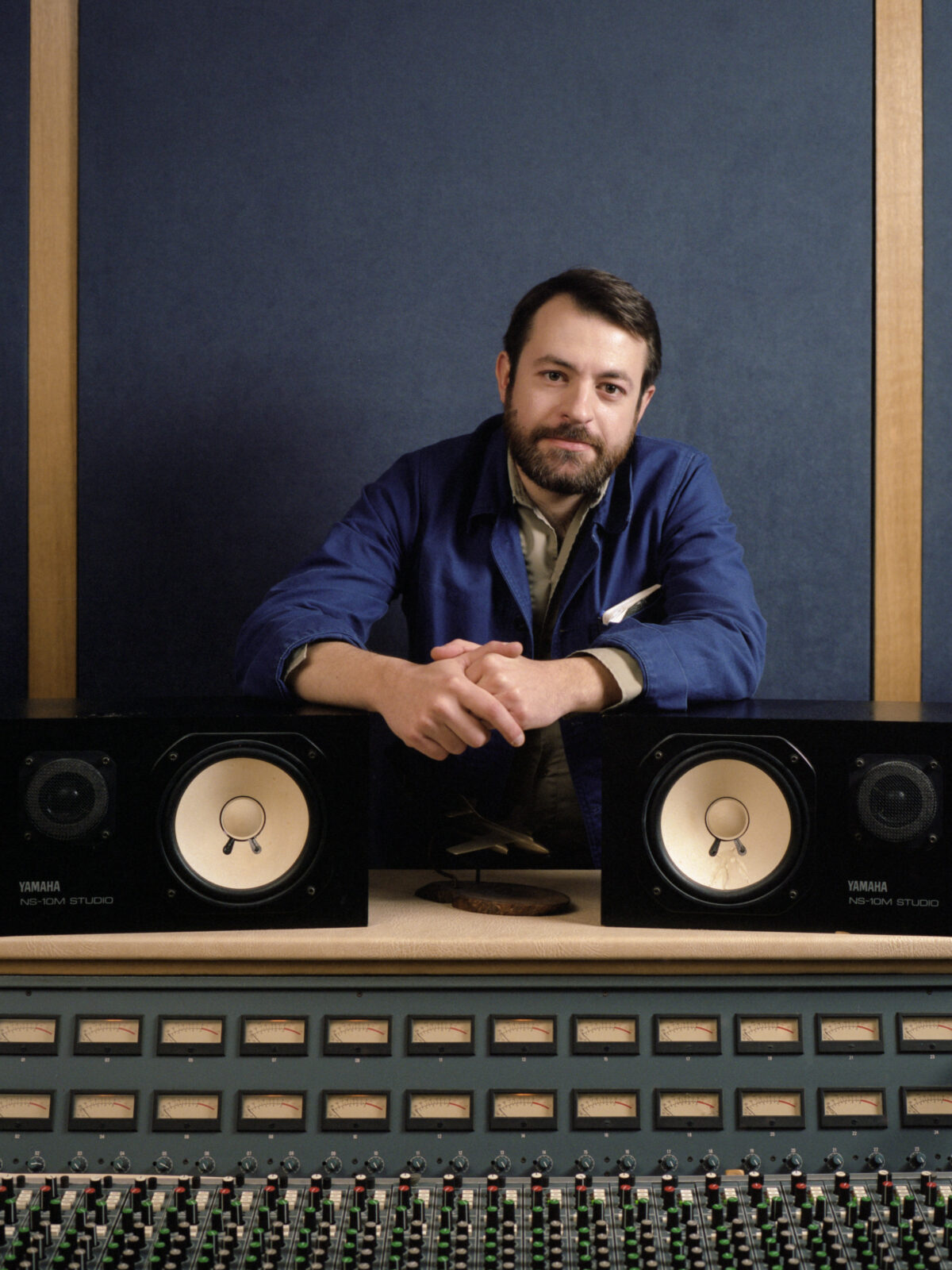
How do you usually approach music making when it comes to Bon Voyage Organisation and what was the creative process for the recording of ‘(Loin des) Rivages’?
Adrien Durand: Very freely to be honest. BVO is the witness to the progression of my inward journey. I’m basically always thinking about my next record. I spend a lot of time mentalizing it if you will, sometime as much as a year before even touching the piano. A follow up to La Course, this record features the same attitude towards ensemble recording, very few overdubs if any and absolutely no editing. To achieve this I had to spend the necessary time preparing the sessions …
“I’m very open to the musicians interpretation of what the music should be”
You always seem to be working on establishing a dialogue between musicians. To what degree do you allow improvisation when it comes to your composition?
It is a very complex question to answer. BVO is not a jazz band in that sense. My approach is pretty straightforward. I come with ideas, sometimes as vague as a rhythm or an ambiance, sometimes just a chord sequence, sometimes a completely scored song and I build from that during rehearsals. I’m very open to the musicians interpretation of what the music should be, that’s why I work with them. This is ensemble music for the most part, so improvisation is resolved by the question “does it serve the music”.
You selected a variety of musicians. Would you mind telling us who all are part of the album?
Of course! Musicians playing in BVO are an eclectic mix of souls and musicality, from rockers like Wendy Tillman and Malvina Meinier to jazzmen like Arnaud Biscaye, it is quite a cosmopolitan ensemble.
Here is the complete personnel sheet:
Rhythm Section
Adrien Durand: piano, bass synthesizer, organ, synthesizers, vibraphone
Maxime Kosinetz: additional synthesizers on ‘Naïma’ & ‘Yuseef’
Adrian Edeline: acoustic and electric guitar
Pedro Barrios: congas, percussions, cavaquinho, vibraphone
Wendy Kill: drums, timbales, glockenspiel.
Arnaud Biscay: drums, marimba, kayambe, triangle, piano on ‘Yuseef’
Additional Musicians:
Emma Broughton: alto & bass flute.
Julien Cavard: soprano saxophone, flute.
Arnaud Sèche: alto & soprano flute.
Adrien Soleiman: tenor & baritone saxophone.
Tanguy Jouanjan: trumpet, flugelhorn.
Malvina Meinier: Baldwin harpsichord (‘Apacheta’).
Gustave Rudman: solina string synthesizer (‘Apacheta’).
And of course, let’s not forget about the technicians!
Recording engineer: Maxime Kosinetz
Assistant recording engineer: Michael Tainturier
Mixed by Adrien Durand at Bureau 12
Produced by Adrien Durand for L’Invitation Musicale
Mastered by Antoine “Chab” Chabert assisted by Didier Perrin
Vinyl cutting by Marie Pieprzownik (Translab)
“Music gets together by itself”
The album itself is quite complex. Was it difficult to get all the material together?
I don’t think anybody gets the material together. Music gets together by itself (or doesn’t and in that case …). I’m just channeling it at my humble level, writing scores, casting musicians, rehearsing, discussing the technical aspect of the recording, directing the sessions and eventually mixing it. As a matter of fact I rarely find making music “difficult”. It can be draining at times but the beauty of witnessing a piece coming together makes everything easy.
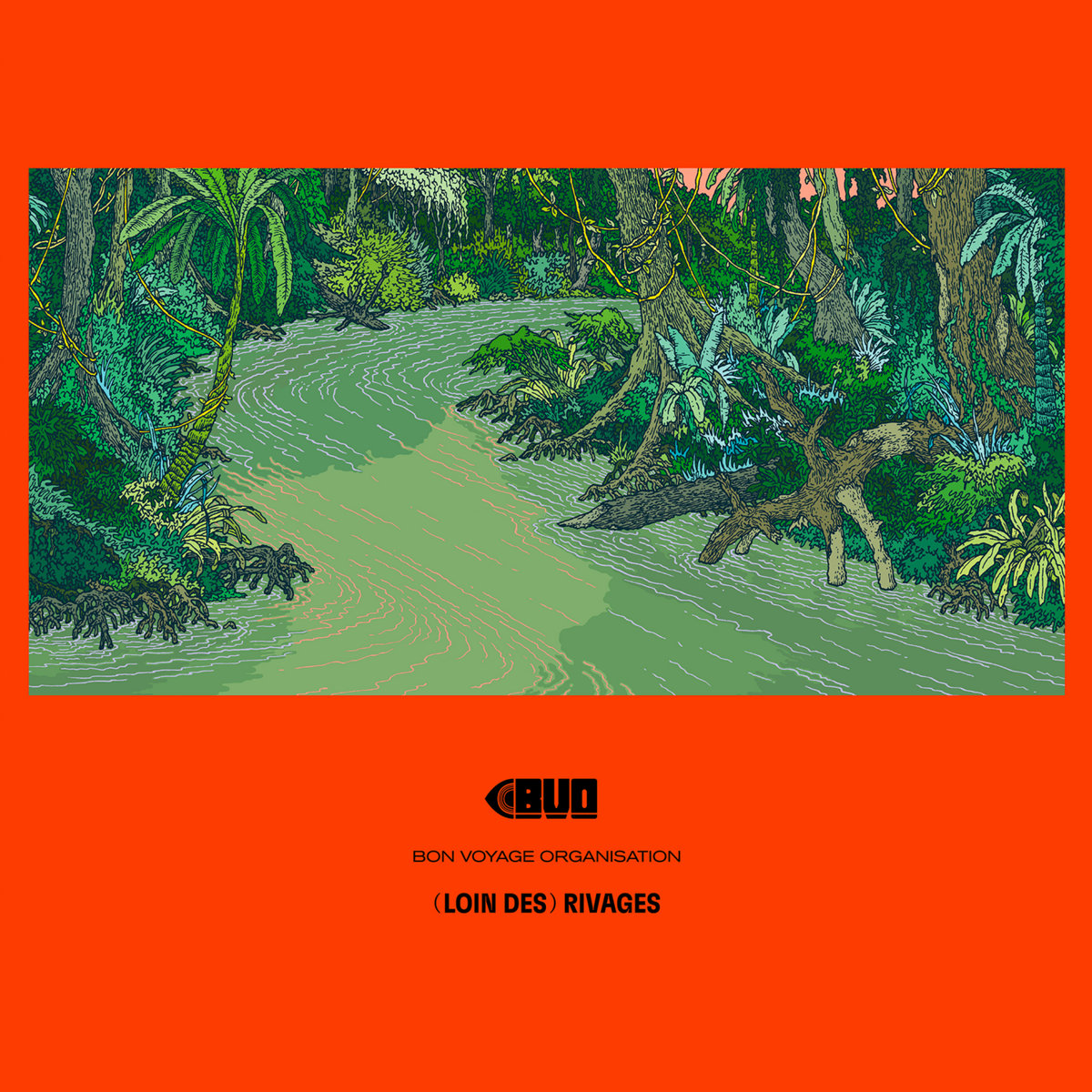
It is a lengthy and thorough process though but I find that promoting music is much more difficult than making it …
Was there a certain story you would like to emphasize?
‘Premiere vue d’Apacheta’ and ‘Apacheta’, although not following each other, are two arrangements of the same tune. I would play those chords on my Rhodes Piano in the studio before going to bed during the first lockdown. Once I thought it was making sense as a tune I sent it to my friend Gustave Rudman and we began arranging it for the fragile ensemble that we had (Gustave is more used to Classical orchestras, he notably composed and arranged a great part of the orchestral soundtrack for HBO’s Euphoria). Two flutes, two saxophones, a trumpet, an electric harpsichord, marimbas, percussions and both of us on keyboards. I had long conversations with him explaining how during the sometimes long and lonely evenings of the first lockdown I would watch again and again (among other boat themed movies and documentaries) Herzog’s Fitzcarraldo and Aguirre. And how the outward journey was linked to the inward one. I recorded the piano solo version which became ‘Premiere vue d’Apacheta’ and the band’s arrangement became ‘Apacheta’ featuring a beautiful soprano saxophone solo from Franco-Colombian musician Julien Cavard.
How would you compare it to ‘La Course’ which was recorded during the start of the pandemic. Have you found the isolation creatively challenging or freeing?
‘La Course’ was released during the start of the pandemic but was actually recorded 18 month before. Lockdown helped that record a lot, people had the necessary time to delve into it. ‘La Course’s’ reception gave me the confidence to continue in that instrumental vein. I think it is less of a journey than ‘La Course’ which had a very strong narrative aspect to it. ‘(Loin des) Rivages’ is more of a collection of pieces, sometimes double or triple partied. Short intense bursts of musical energy.
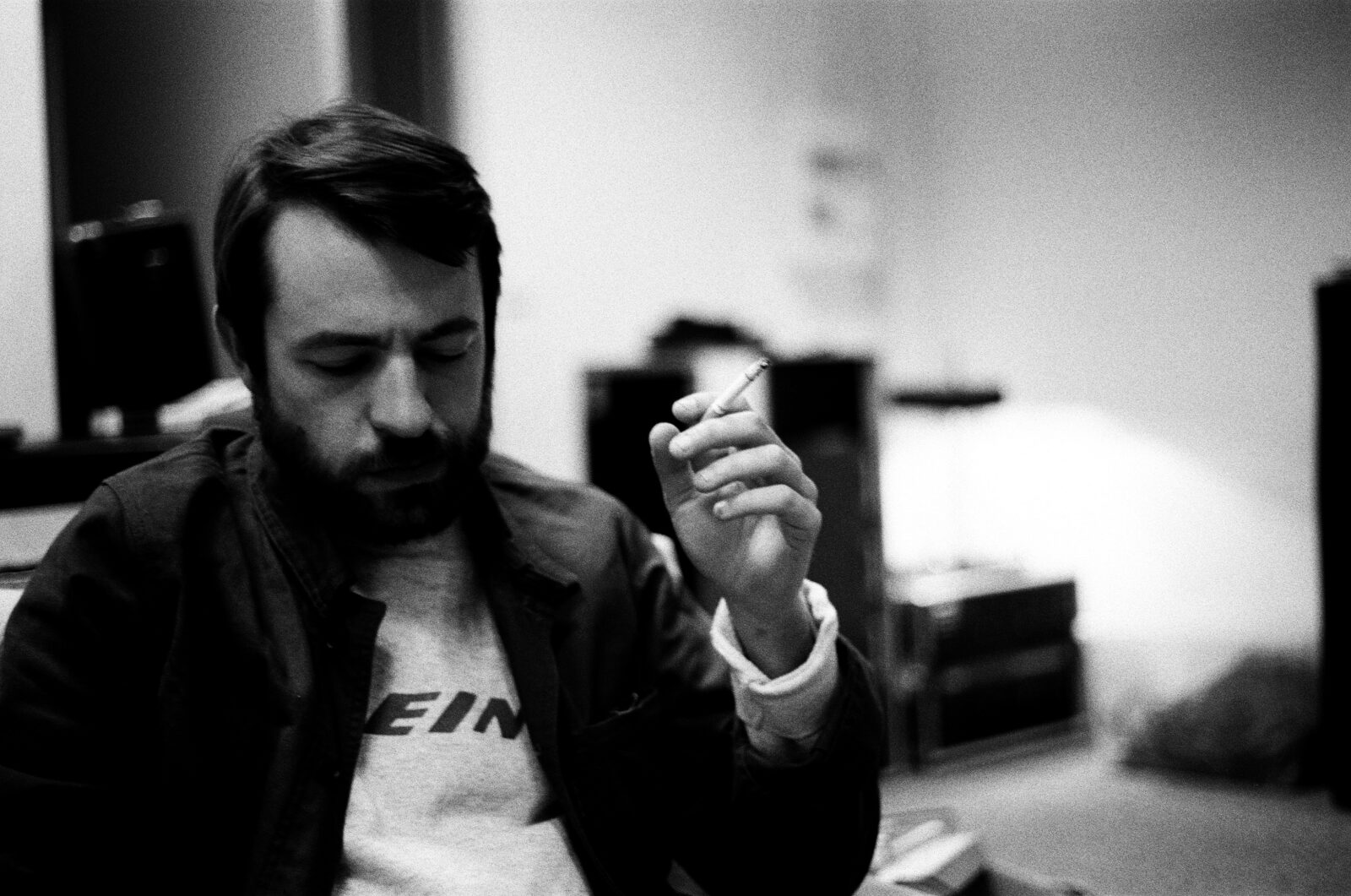
What else currently occupies your life?
I am quite busy these days, and very thankful for it. I just finished scoring an upcoming French tv show. I only used drum machines and synthesisers for this one and it was a very soothing experience to work alone in the studio to be honest. I am also mixing some tracks for my friends from ‘La Femme’ among other things.
Klemen Breznikar
Headline photo: Edouard Sanville and Juliette Abitbol
Bon Voyage Organisation Facebook / Instagram / Bandcamp / YouTube

